

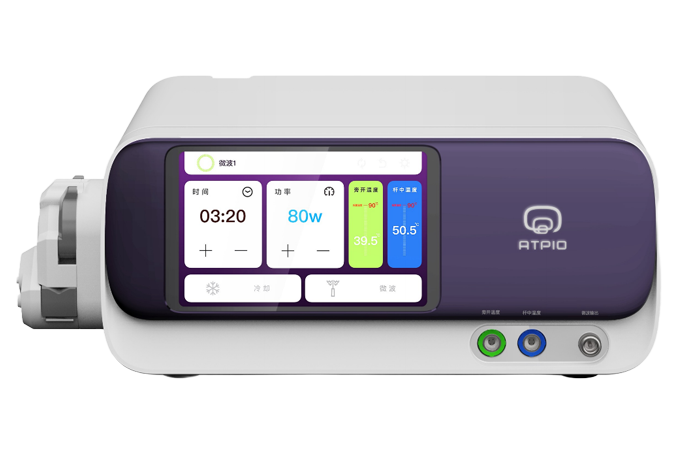

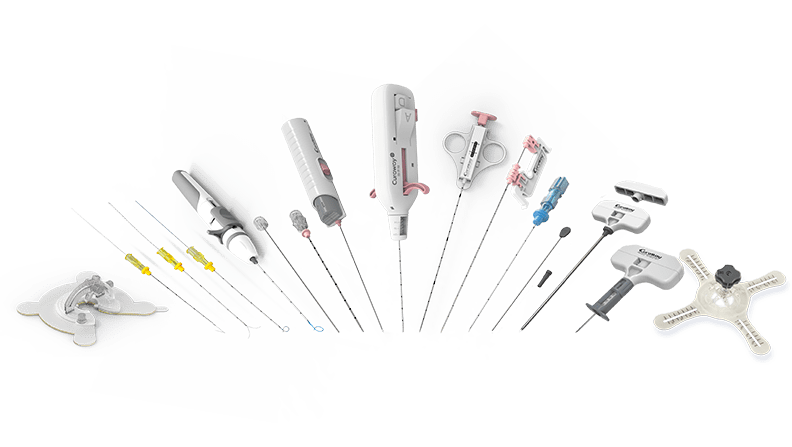

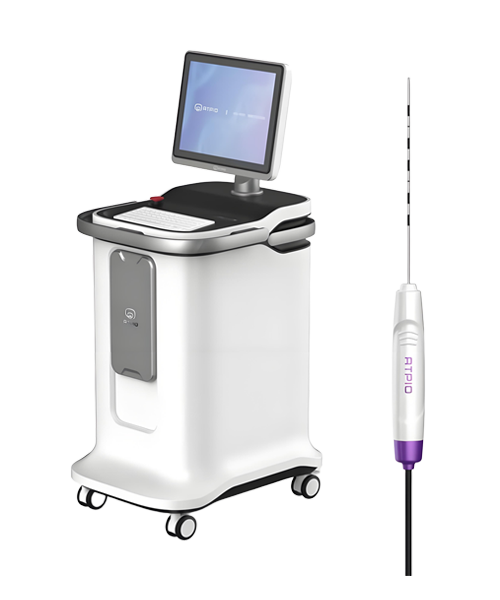


At present, in the field of tumor ablation, the ablation needle is generally used to ablate tumors through percutaneous puncture. Therefore, traditional tumor ablation can only be used for solid organ tumors, such as liver tumors, lung tumors, thyroid tumors, etc. However, there is no way to deal with the tumors of cavity organs such as oral cavity cancer, laryngeal cancer, esophageal cancer, gastric cancer, colorectal cancer, etc. with a very high incidence rate. Traditional tumor ablation techniques such as radiofrequency, microwave, and cryoablation use temperature to destroy cellular tissue. These ablation techniques have no selectivity in tissue destruction, meaning that in the ablation area, normal tissue organs such as blood vessels, nerves, bile ducts, pancreatic ducts, and intestinal ducts are completely destroyed. Therefore, traditional temperature based ablation techniques are difficult to widely apply to natural cavity tumor ablation;
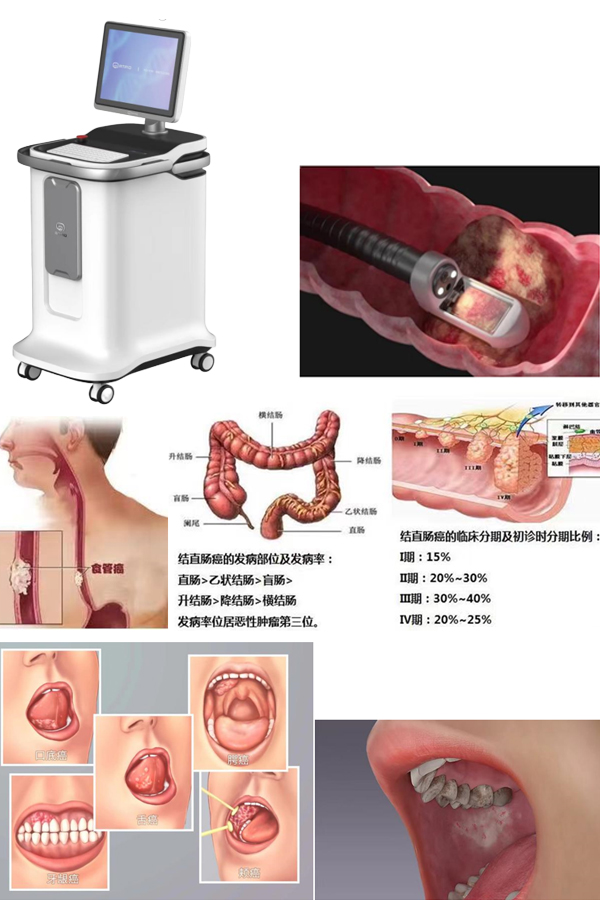
1、 Composition of tumor ablation system with nanoknife
1. Nanosecond level high-voltage electric pulses generate strong electric fields, promoting tumor cell apoptosis.2、 Product technical features and advantages:
1: Not harmful to the digestive tract and intestinal tract
Steep
pulse tumor ablation is a novel tumor ablation technique: it uses an
ablation device to release high-pressure pulses on tumor cells, causing
irreversible nanoscale electroporation of their cell membranes,
disrupting intracellular balance, and leading to cell apoptosis; After
tumor cell apoptosis, phagocytic cells in the body engulf cell debris,
and the treatment area is gradually replaced by normal tissue.
Steep pulses do not cause damage to blood vessels, nerves, bile ducts,
and intestines during ablation: due to the fact that these tissues
contain more collagen in connective tissue and elastic fibers, their
cell membranes lack the lipid bilayer structure that produces
irreversible electroporation:
2: Can be directly applied to steep pulse ablation of natural cavities
The nanoknife tumor ablation system consists of an ablation host and
ablation electrodes: the ablation host provides energy and a control
platform; The ablation electrode is an open cavity with vacuum suction
function. Firstly, the tumor tissue is attracted to the cavity by vacuum
and comes into contact with the electrode. Then, the pulsed electric
field is transmitted to the target tumor tissue through the electrode,
thereby achieving electrical pulse ablation of the tumor tissue in the
cavity organ.
3: Real time visualization of ablated tissue and ablation process
Conventional percutaneous tumor ablation is usually guided by
ultrasound or CT to ablate the target tissue, with a low degree of
visualization; The steep pulse digestive tract tumor ablation system can
be used in combination with gastroscopy or colonoscopy to complete
tumor ablation in real-time through endoscopic visualization, thus
ensuring higher safety and reliability.
4: Temperature control during ablation process
Steep pulse ablation belongs to non thermal ablation, and the
temperature of the tumor tissue being ablated during the ablation
process cannot exceed 45 ℃; This system adopts temperature detection and
control technology inside and outside the electrodes under
high-frequency and high voltage during surgery, which solves the problem
of the lack of temperature detection and control of the ablated tissue
during steep pulse ablation, thus avoiding thermal damage to blood
vessels, intestinal tubes, nerves, etc. caused by excessive ablation; At
the same time, based on the real-time temperature of the tumor tissue,
the ablation status of the ablated tumor tissue can be reflected, and it
can be decided during the operation whether to increase the number of
ablation pulses to make the ablation more thorough.
5: Multi point, multi-directional targeted clearance of target tumor tissue
Different from percutaneous puncture, it can achieve targeted clearance
of multiple tumor tissues by entering the natural cavity in one go; For
tumors with large area or volume, multiple overlapping ablation
movements can be used to ensure more thorough ablation.
6: The surgical operation is simple, the patient has less trauma, and the recovery is fast
Unlike percutaneous puncture ablation, the tumor ablation system of the
shadowknife does not cause damage to large blood vessels, pleura, and
other unrelated tissues, has fewer related complications, and does not
require preoperative puncture path design. Therefore, the surgical
operation is simpler and safer.
7: Multi mode ablation mode, applicable to early, middle, and late stage tumors
The Naying Knife tumor ablation system adopts a design with multiple
wide range ablation frequencies and can also alternate several
frequencies for ablation, making it suitable for the ablation of early,
middle, and late stage tumors.

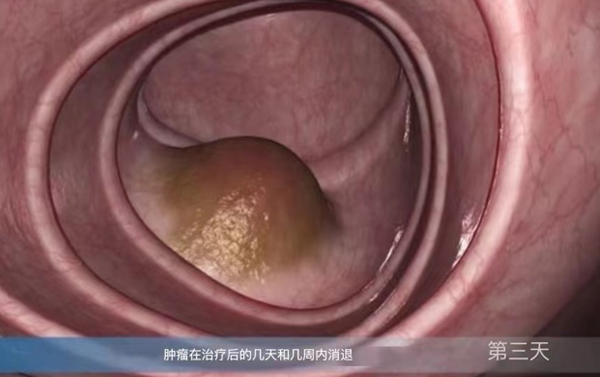
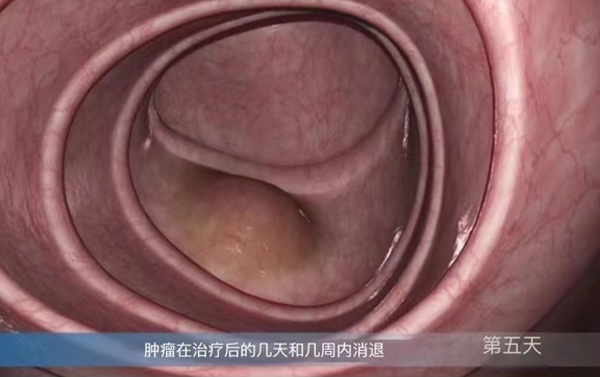
Address: Building 8, No. 339, Road 25, Baiyang Street, Qiantang District, Hangzhou, Zhejiang Province

Scan WeChat